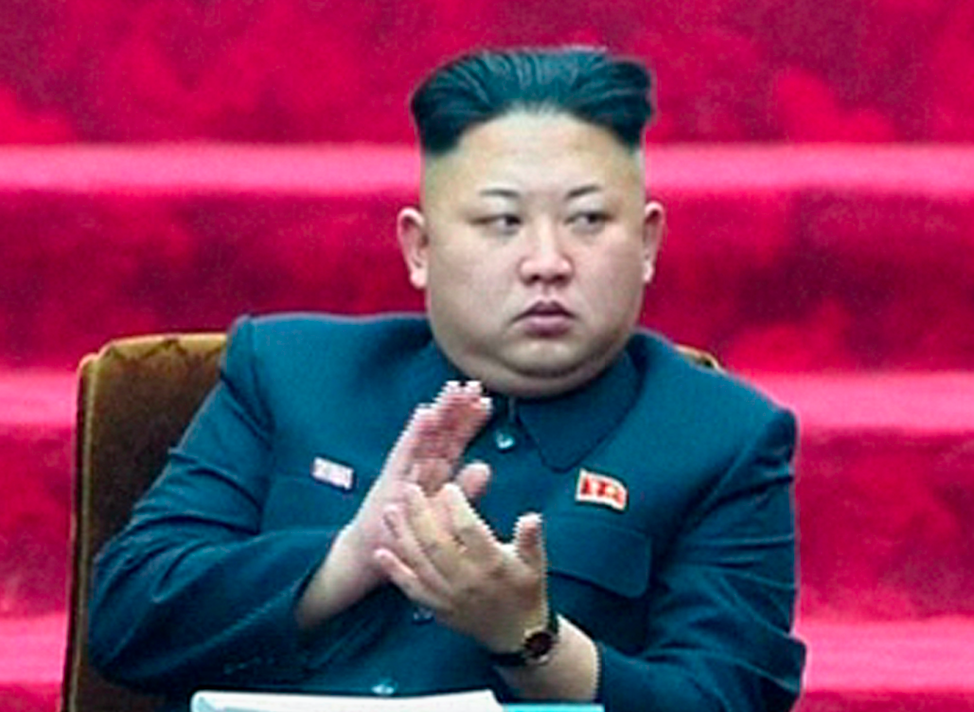Leader Kim Jong Un expressed “great satisfaction” at the successful demonstration.
Others are reading now
North Korea conducted a test on Thursday of its most advanced intercontinental ballistic missile (ICBM) yet, the Hwasong-19, marking a significant development in the country’s military capabilities.
Irreversible Step in Nuclear Capabilities
According to North Korean state media KCNA, the missile is a solid-fuel ICBM, which can be deployed faster and transported more easily than liquid-fuel versions.
Leader Kim Jong Un, who supervised the launch, expressed “great satisfaction” at the successful demonstration of what he called a “truly irreversible” step in North Korea’s nuclear capabilities, according to Digi24.
South Korea and Japan tracked the missile’s flight, which was launched from near Pyongyang at around 7:10 AM. It flew approximately 620 miles (1,000 km) and reached an altitude of nearly 4,700 miles (7,687 km) before falling into the Sea of Japan.
Also read
South Korean sources noted this as the highest flight trajectory recorded for a North Korean missile. The Hwasong-19 remained airborne for 86 minutes, the longest duration yet for North Korean tests.
Shift Attention From Deployment to Russia
Photographs released by North Korean media showed the missile mounted on an 11-axle transporter, emphasizing its heavy payload capacity and mobility.
Kim’s daughter, Ju-ae, was also present, highlighting the regime’s commitment to showcasing familial continuity in its weapons program.
The launch came only hours after U.S. and South Korean defense leaders urged North Korea to withdraw troops reportedly deployed to Russia.
According to Washington and Seoul, approximately 10,000 North Korean soldiers may have been stationed in Russia to support its military efforts against Ukraine.
Analysts suggest that Thursday’s missile test may have been a tactic to shift attention from these reports and North Korea’s international isolation.
Last week, North Korea defended its right to send soldiers abroad under international law, though it neither confirmed nor denied having troops in Russia. ‘
South Korean Defense Minister Kim Yong-hyun reported that Pyongyang has also supplied Russia with over 1,000 missiles and large quantities of ammunition, raising new security concerns amid the escalating regional tensions.


